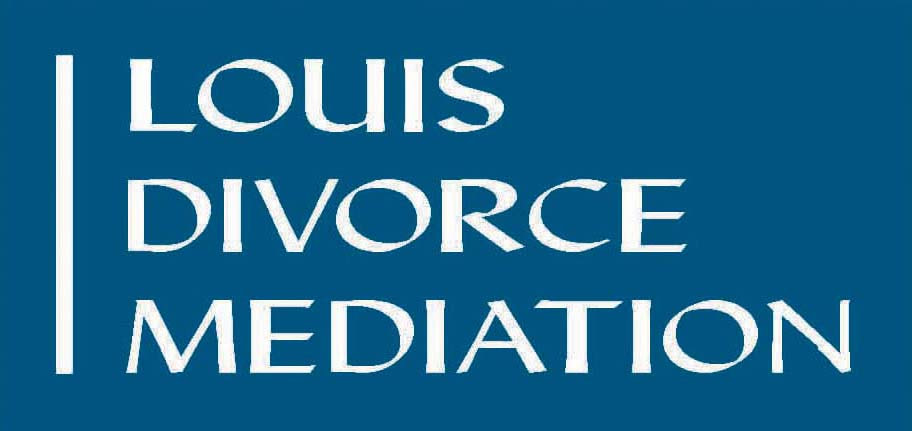Louis Divorce Mediation ~ Online and In-Person Mediation in Chicago
|
I am a family and divorce mediator. I also play tennis. In fact, I play a lot of tennis—three to four times a week (when not sheltered at home).
So why would I write about tennis and mediation in the same article? The answer is simple—playing tennis and participating in the divorce mediation process require similar skills. 1. Focus Under Stress A good tennis player maintains concentration in the face of physical stress—running down an opponent’s good shot, returning a blazing fast serve. This requires immense concentration. Your ability to focus will allow for the best possible decisions to guide your future. In divorce mediation, under the emotional stress of a life in transition, your ability to focus will allow you to make the best possible decisions for your future. A skilled divorce mediator creates a safe space to promote concentration and focus. 2. Confidence and Control The best tennis players are able to play with confidence and control their minds to achieve the concentration and focus that are necessary to win matches. As an intermediate player, when things aren’t going my way, it’s easy to lose confidence, and I often can feel the match getting away from me. In divorce mediation, it is easy to be distracted by uncertainty, fear, anger and sadness. As a divorce mediator, I strive to bring a positive attitude and energy to share with my clients to help them feel as comfortable as possible. I aim to promote their self-confidence and belief in themselves, thereby fostering their ability to process information and make appropriate decisions. 3. Accomplishment After two hours of tennis, win or lose, I look back on the time I’ve spent and feel rewarded by the exercise I’ve completed and my efforts to do my best. I am filled with a sense of calm and relaxation. At the same time, I’m aware of how dripping wet I am from the hard work of running all over the tennis court! In divorce mediation, you get to feel the accomplishment of having participated in creating a plan for your future, a future that you and your spouse have decided for yourselves. You have transformed uncertainty into a clearer picture of what lies ahead. And like a tennis player finishing a match, you’re likely to be tired, because after all, it was hard work! One last thought: in my best tennis matches, I’ve felt that I’ve worked harder than my opponent. In most successful divorce mediations, my clients have worked harder than I, since it is their lives and futures that are at stake.
2 Comments
Any divorce mediator or collaborative divorce professional who says that he or she is able to bring every case to a complete resolution is either dreaming or misrepresenting a performance record. The process is not perfect, and you have to expect bumps along the road. It’s extremely important not to give up hope. If every couple that felt their case was hopeless in any moment then chose to end mediation or collaboration, there would be a much lower rate of resolution. And there would be a lot more dissatisfied and frustrated clients.
As a mediator, when I hear the word “hopeless”, I think instead of the word “hope.” I remain hopeful that I can keep my clients engaged in a conversation that will help them to make mutually acceptable decisions. Couples begin the mediation (or collaborative) process as their marriages are ending. Emotions are often running high. Just as one or both are thinking about how they were unsuccessful in marriage, they also may be convinced that they will be unsuccessful in coming to agreement on the decisions required to end their marriage and get on with their lives. Many choose to use lawyers to resolve these issues on their behalf rather than engage each other in conversation. In several recent cases, my mediation clients were skeptical about being able to come to a full agreement, and, in at least one session, each couple thought their situation hopeless. And yet, in all of these cases, the clients succeeded in overcoming the challenges and reaching an agreement. When faced with a difficult issue, many clients lose sight of the fact that they may have already made terrific progress on many other issues. The divorce mediation process involves many decisions covering a range of topics. In some cases, agreement may seem elusive. When faced with a difficult issue, many clients lose sight of the fact that they may have already ]made terrific progress on many other issues. Or they may have narrowed their differences so that they have come closer to reaching agreement. In either case, I’ll be the first one to point out their accomplishments. I am not only a cheerleader for the mediation process itself, I am also cheering for the families in the process. Here are some tips for seeing hope when feeling hopeless:
The end of a marriage and the underlying uncertainty and challenge to make agreements can lead to feelings of hopelessness. Yet, using divorce mediation or the collaborative divorce process may very well give you the best chance to overcome hopelessness and create hope for moving forward. |
Categories |
David Louis, MPA, CDFA® • Louis Mediation Services - Chicago
|
Chicago Office: 1700 W Irving Park Rd., Suite 105, Chicago, IL 60613
Northbrook Office: 555 Skokie Blvd., Suite 500, Northbrook, IL 60062 |
Copyright © 2024


 RSS Feed
RSS Feed